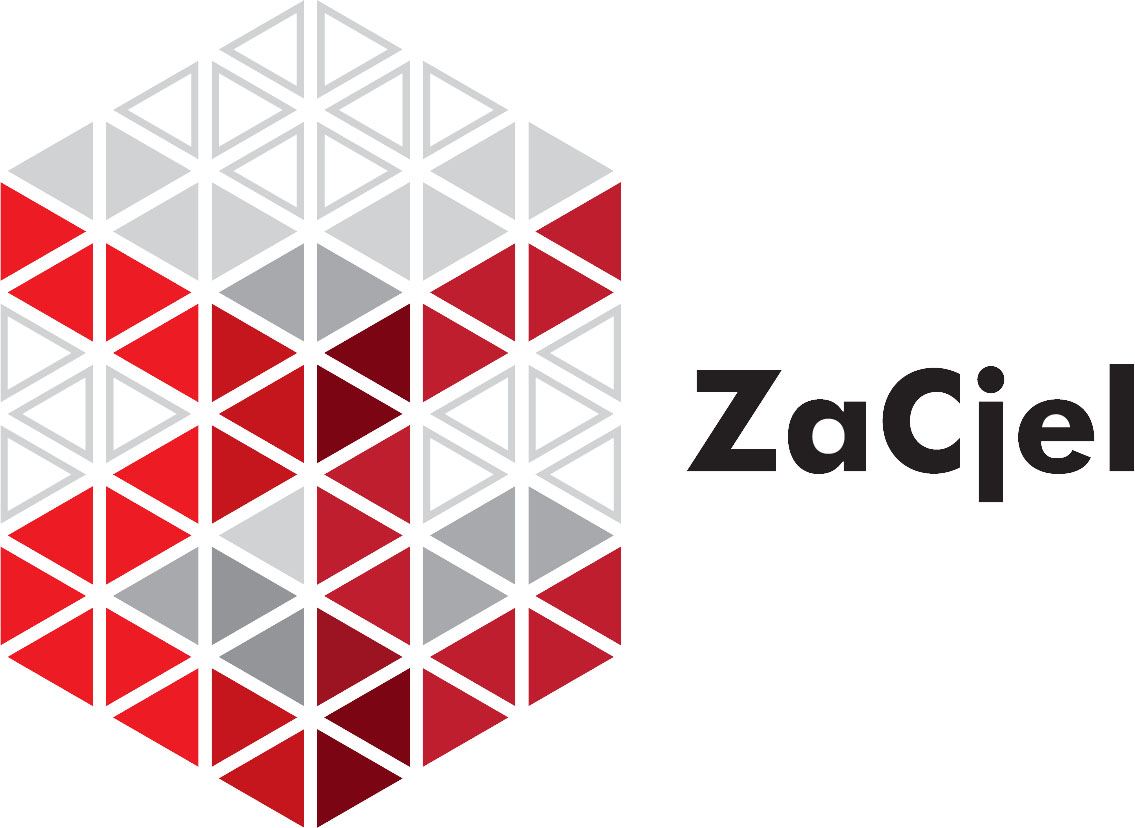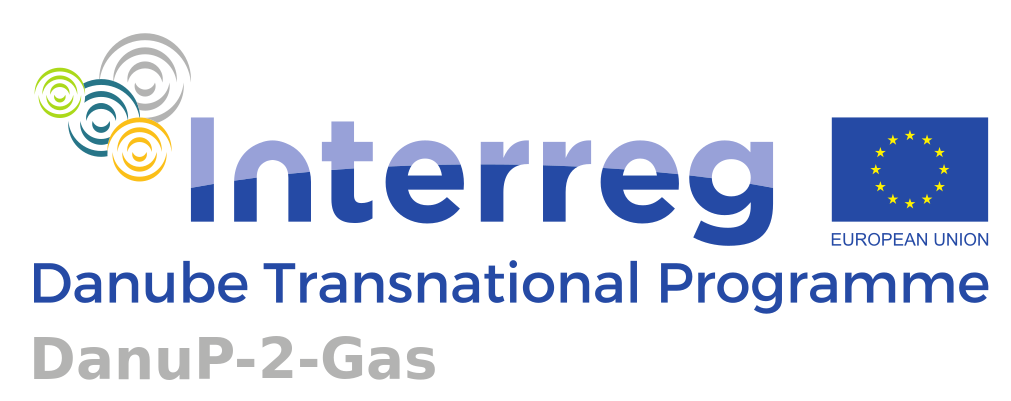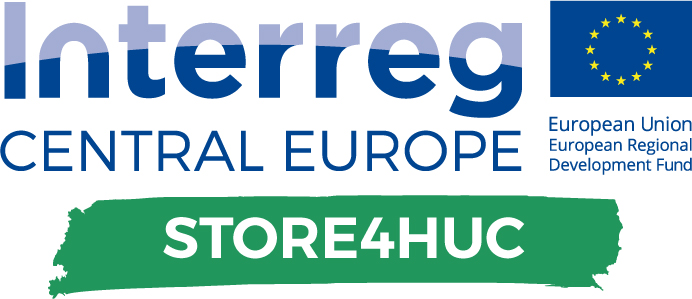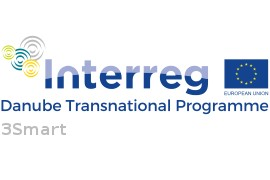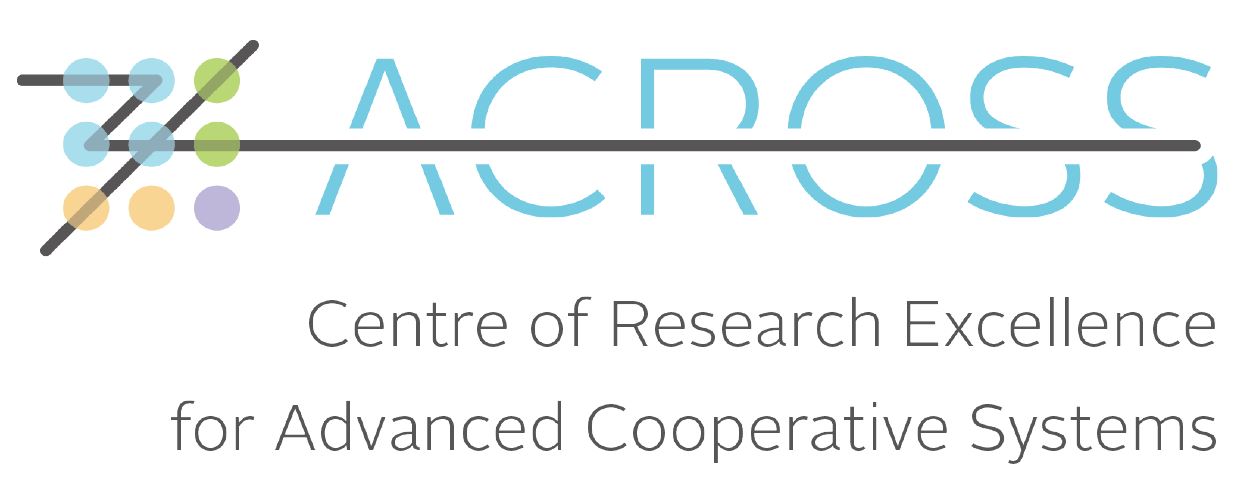EVBattPredtect – Dynamical predictive protection of electric vehicle battery health
The project is focussed on application of estimation and predictive control in electric vehicle battery system and vehicle dynamics control in order to protect the electric vehicle battery from a premature degradation while minimally deteriorating the car driveability. Batteries are one of the most expensive and weakest links in electric cars, and it is necessary to ensure their exploitation in the vehicle in conditions that degrade them as little as possible. The need for the greatest possible energy recovery during braking and the best possible dynamic performance of the vehicle exposes the batteries to stress that violates their integrity in a currently uncontrolled way.
The main goal of the project is to develop a software module for battery protection of an electric vehicle and the way of its integration with the vehicle dynamics management system. The module dynamically limits the battery charge / discharge current and the air conditioning of the battery compartment in order to limit the rate of battery degradation with the least possible impact on the dynamic performance of the vehicle.
The project is carried out in close collaboration with industry partner Rimac Automobili that develops and produces electric sports cars, drivetrains and battery systems.
The project is funded from the call Strengthening R&D and Innovation Potentials (STRIP) through the Operative Programme Competitiveness and Cohesion for Croatia in period 2014-2020. The STRIP call was launched by the Croatian Ministry of Science and Education.
SmartCityLight – Intelligent and Modular Platform for Management and Monitoring of City Lighting
City lighting is among dominant infrastructure in cities where modernisation is one of the most cost effective investments from techno-economic perspective of energy efficiency. The project aims at developing centralized and distributed model predictive control algorithm and electronic controllers with wireless communication for predictive and autonomous adjustment of lighting intensity based on various micro-location external factors in the city (energy consumption, pedestrian and road traffic intensity, climate conditions) that achieves significant energy savings, reduces investment costs, increases safety and enables integration of various city infrastructure with additional diagnostics capabilities and a strong potential for creating smart city foundations.
The project aims to achieve 20% of operational costs reduction and 30% of investment cots reduction of city lighting, experimentally validated in a living lab.
The project is carried out in close collaboration with industry partner LED-Electronica, the producer of 15.000 city LED lamps annually, corresponding controller and communication electronics, cloud-based software platform for monitoring and control, and various services – and with over 60 references of successful implementations.
The project is funded from the call Strengthening R&D and Innovation Potentials (STRIP) through the Operative Programme Competitiveness and Cohesion for Croatia in period 2014-2020. The STRIP call was launched by the Croatian Ministry of Science and Education.
DESMe – Development of an expert system for measuring lightning strike parameters on Wind Turbines
One of the priority goals set by the Europe Strategy 2020 si achieving an adequate level of renewable energy production. The Republic of Croatia has excellent natural predispositions for wind energy production. Existing and potential locations for the construction of wind farms are located in almost the entire coastal area. However, one of the basic problems of this production are lightning strokes on wind turbines and, consequently, the damage that is manifested through production downtime and their repairs. The aim of this project is to carry out research and development procedures with the aim of designing an expert system for measuring the parameters of lightning strokes and improving the protection of wind turbines from lightning strokes to reduce failures and downtime.
The project is funded from the call Strengthening R&D and Innovation Potentials (STRIP) through the Operative Programme Competitiveness and Cohesion for Croatia in period 2014-2020. The STRIP call was launched by the Croatian Ministry of Science and Education.
UKUS – Universal communication and control system for industrial plants
The project goal is to develop an app that integrates communication and control modules, aiming at increasing the efficiency of industry facilities (focus is on power facilities). The communication module stores the data on the facility in a central database. The data are used to optimize specific processes using special algorithms integrated into the app. The advantage toward the existing solutions is the universality of the app as it will enable a communication to all industry protocols. The app also includes an efficient data acquisition, complex analyses over data and access of other systems to the collected data.
The project is carried out in close collaboration with industry partner Brodotehna that design and implements control systems for industrial, power and transport facilities.
The project is funded from the call Strengthening R&D and Innovation Potentials (STRIP) through the Operative Programme Competitiveness and Cohesion for Croatia in period 2014-2020. The STRIP call was launched by the Croatian Ministry of Science and Education.
ADRION TRAINEE - Adrion Transnational Master In Renewable Energy
The renewable energy sector in Adriatic Region is on the rise. A mindful and up-to-date approach to renewables can also unlock marginal areas' potential and ensure equitable energy access. Still, without proper expertise, this growth puts the value and identity of landscapes at risk and, generally, the provisioning of key nature goods and services.
To avoid pitfalls and reap the benefits, various strategies must work in parallel: technological development, academic research, capacity building, and policy design. The cultural and mental shift required is significant and needs to be fast and effective. To tackle these challenges, ADRION TRAINEE raises multidisciplinary competencies and skills on the topic of Renewable Energy by designing a joint “Master’s Degree in Renewable Energy” (in English). It contributes to laying down the basis for enhanced cooperation between EU and IPA countries, as the support to the EU enlargement process while encouraging the effective use of future EU funds for research and innovation in renewable energy.
The project is supported by the Interreg ADRION Programme, funded under the European Regional Development Fund (ERDF) and IPA II fund.
INUKING - Development of an innovative software solution for centralized monitoring and control of a critical infrastructure in commercial and residential buildings
The aim of this project is to develop an integrated system for centralized monitoring and control of critical infrastructure systems in residential and commercial buildings. Critical infrastructure systems include system of heating, ventilation and air conditioning, lighting, power supply, fire protection, fire alarming, video surveillance and access control. Named subsystems are dominantly installed as separate systems in buildings and thus their control is considerably complex since each should be controlled separately, and thereby the possibilities for their communication and interaction do not exist. Since belonging to the same building they should constitute a unified whole for technical surveillance of electrical and mechanical installations in the building.
CEGLog – Collaborative Elastic and Green Logistics
The project is focused on developing different optimization modules for delivery routing, vehicle packing and capacity decision-making based on historical and real-time data. CEGLog aims to establish a cloud-based platform for last-mile logistics management based on mixture of various optimization approaches such as heuristic, evolutionary, complex networks and Markov processes, but also convex optimization and linear programming. The decisions are made in a modular and predictive way with future estimation of internal and external conditions acquired by applying machine learning and neural networks to historical data, which is accumulated by project partner (delivery company) over several years. Modular approach enables flexibility of the particular case, minimising the implementation time for the selected case studies while the predictive modules are coordinated to achieve additional and synergic cost savings, energy efficiency and greenhouse gasses reduction.
The project is carried out in close collaboration with industry partner GDi for industry focused business process software and data solutions with a wide range of related professional services, training and support in the area of Operations Support Systems (OSS), Decision Support Systems (DSS) and Cloud Computing and Geoinformation Systems (GIS) and a great focus on intelligent assets, operations, resources and smart data.
SUPEER – A system for control of electrical energy consumption in households
In the electrical energy system production of electrical energy and its consumption must be in balance for maintaining the system stability and the system voltage frequency. Maintaining the balance in real time is the task of the transmission system operator (TSO). Households do not have the possibility to participate in system balancing since a technology platform for their participation does not exist and such a platform is planned to be developed within this project. It will enable the TSO to balance the system and diversify its balancing options by controlling the consumption of multiple small consumers. The system for control of electrical energy consumption in households will be based on mathematical models and machine learning and will offer needed flexibility to the TSO in an automated way, without infringing the comfort.
T-LOGIC – Intelligent Management of Vending and Micro Market Logistics
The project aims at establishing autonomous virtual manager in vending machines logistics including vending machines, delivery, warehouse and capacities. The management system is targeted as a cloud-based platform, utilizing artificial intelligence and machine learning on historical data, mixture of various optimization approaches such as heuristic, evolutionary and convex optimization with experimental verification on large number of real local and international vending machines, delivery routes and warehouses. Modular approach enables flexibility and prompt application to a particular case while the predictive modules are coordinated to achieve additional and synergic cost savings, energy efficiency and greenhouse gasses reduction.
The project is carried out in close collaboration with industry partner INTIS, the producer of Televend vending machines products and services - a team of over 100 vending enthusiasts that want to carry traditional vending business into the future of connected smart machines.
AgroSPARC – Smart and Predictive Agriculture for Resilience to Climate Change
Actual and upcoming climate changes will evidently have the largest impact on agriculture crops cultivation in terms of reduced harvest, increased costs, and necessary deviation from traditional farming. The project goal is to develop mathematical models of different growth stages of wheat by applying the artificial intelligence and utilize it for prediction of crop development and harvest. Analysis of the big data will be carried out with respect to various climate conditions, artificially created and permuted in the prototyping chambers, and corelated with plant development identifiers in different growth stages. The models will be publicly and interactively used through a portal for prediction of plant development in real and hypothetical climate conditions, with accumulated and archived feedback from farmers as additional data for tuning of the developed models.
ZaCjel – Protection of Structural Integrity in Energy and Transport
By strengthening the capacity of partners and conducting scientific research, this project aims to develop a comprehensive system of supervision and management of dynamically loaded structures to preserve their integrity, ie to prevent damage and extend its functionality. The development of innovative methodology includes optimization of sensor system monitoring, diagnostics of damagesmario in laboratory conditions, experimental research of fatigue properties of materials and development of inverse and statistical models, structural similarity theory, numerical algorithms for estimating structural fatigue and allowable loads, and control systems permitted operating modes. After the validation of the methodology on laboratory models and the real construction of the Končar wind turbine, the procedure of intellectual property protection over the developed methodology and commercialization of the project results will be initiated. As a partner in the project, FER will design ways of automatic control using methods of mathematical optimization and computer geometry that are non-invasively added to existing algorithms and preserve the integrity of the structure, and the applicant FSB and partner Faculty of Civil Engineering in Rijeka deal with methods management bases. The project leader at FER is prof. dr. sc. Mario Vašak.



 Pristupačnost
Pristupačnost